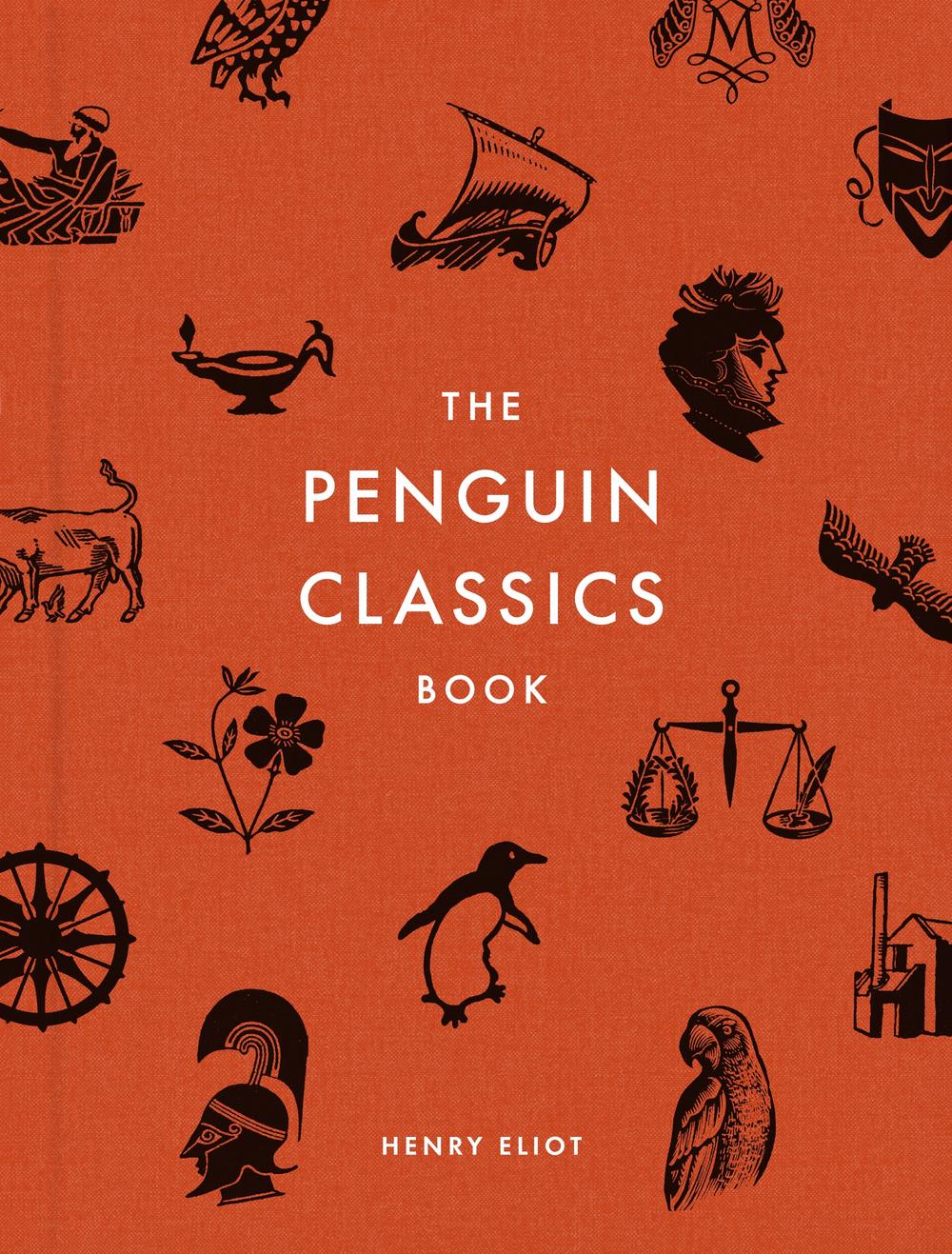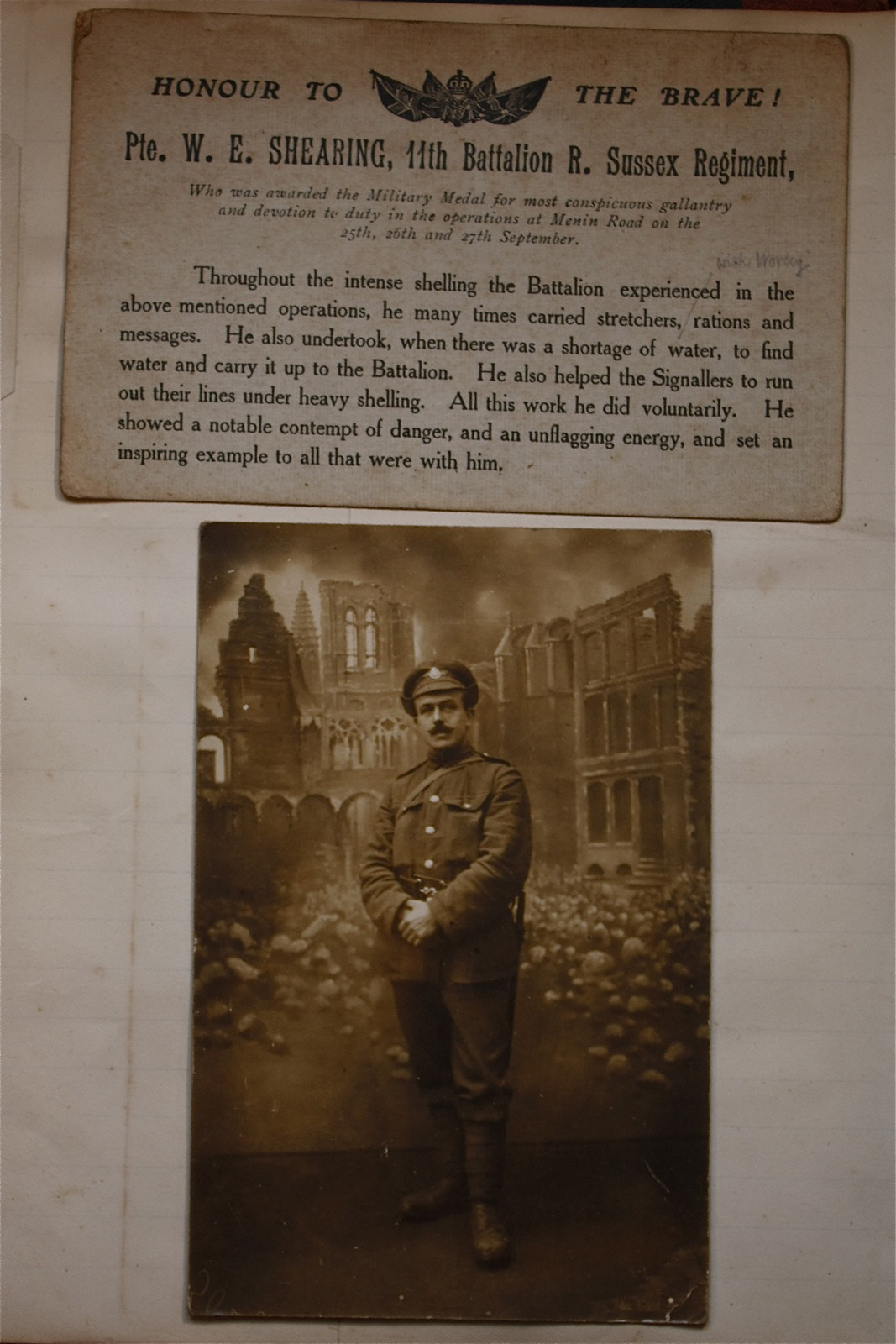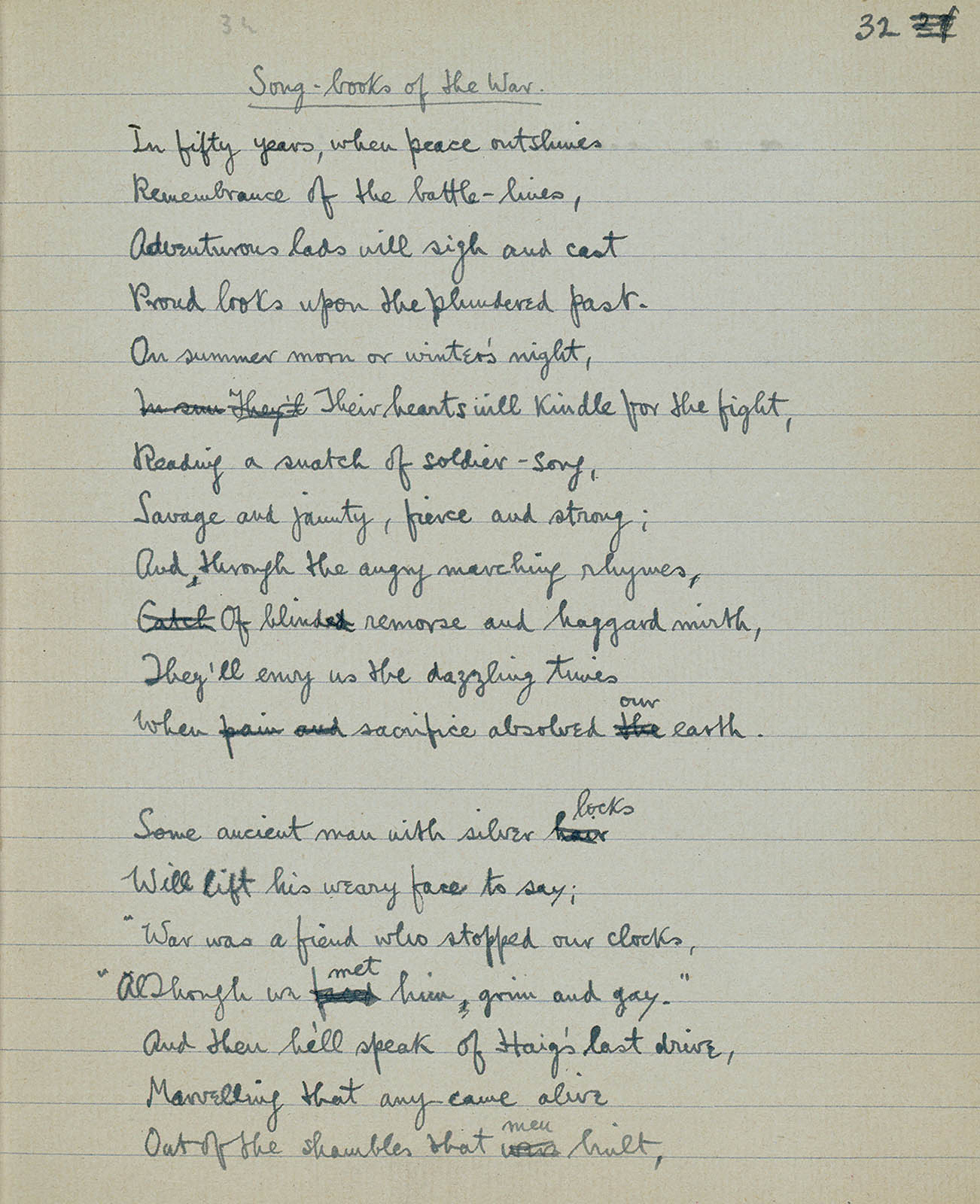

The shrill, demented choirs of wailing shells Īnd bugles calling for them from sad shires. Nor any voice of mourning save the choirs,. No mockeries now for them no prayers nor bells What passing-bells for these who die as cattle? The final image of the families left at home for long years without the men who will never come home, quietly grieving in that long period of mourning after the war is filled with melancholy.

Wilfred Owen could also write with bitterness of the horrors of war but I find the quiet, elegiac tone of Anthem for Doomed Youth so moving. There’s such splendid work for the blind ĭo they matter? – those dreams from the pit?.įor they’ll know that you’ve fought for your country, The feeling of hopelessness & pity of the speaker contrasts with the bitter undertone accusing those safe at home of not valuing the sacrifice made by the men at the Front. His poem, Does It Matter?, exemplifies the bitter, almost brutal poetry of the last years of the war. He also wrote three volumes of fictionalised autobiography, collected by Faber as The Complete Memoirs of George Sherston. Sassoon survived the war & continued writing poetry but his War Poems remained his most famous & best-loved work. That meeting led to Owen’s miraculous last year when he wrote the poems that made his name after his death just a week before the Armistice. Their meeting at the hospital at Craiglockhart has been written about many times, both as fact & fiction. Sassoon & Owen are the most famous of the war poets. Great death has made all his for evermore. Perceive one face that you loved heretofore, Then, scanning all the o’ercrowded mass, should you Say only this, ‘They are dead.’ Then add thereto, Their blind eyes see not your tears flow. It is not curses heaped on each gashed head? Say not soft things as other men have said, When you see millions of the mouthless deadĪcross your dreams in pale battalions go, The image of the dead being oblivious to our pity & grief is intensely moving & comforting as well.

Another poet who was killed in 1915 at the age of 20 was Charles Hamilton Sorley (the photo above is from the website). Brooke & Grenfell both died in 1915 so there’s no way of knowing how their work would have changed as the optimism of the first part of the war was replaced by the despair of trench warfare that seemed neverending. Rupert Brooke’s 1914 Sonnets & Julian Grenfell’s Into Battle are the most famous examples.

From the beginning of the war in 1914 until the Battle of the Somme in 1916, it was still possible for patriotic young men to write poetry glorifying war & revelling in the opportunity to be a part of this great adventure.


 0 kommentar(er)
0 kommentar(er)
